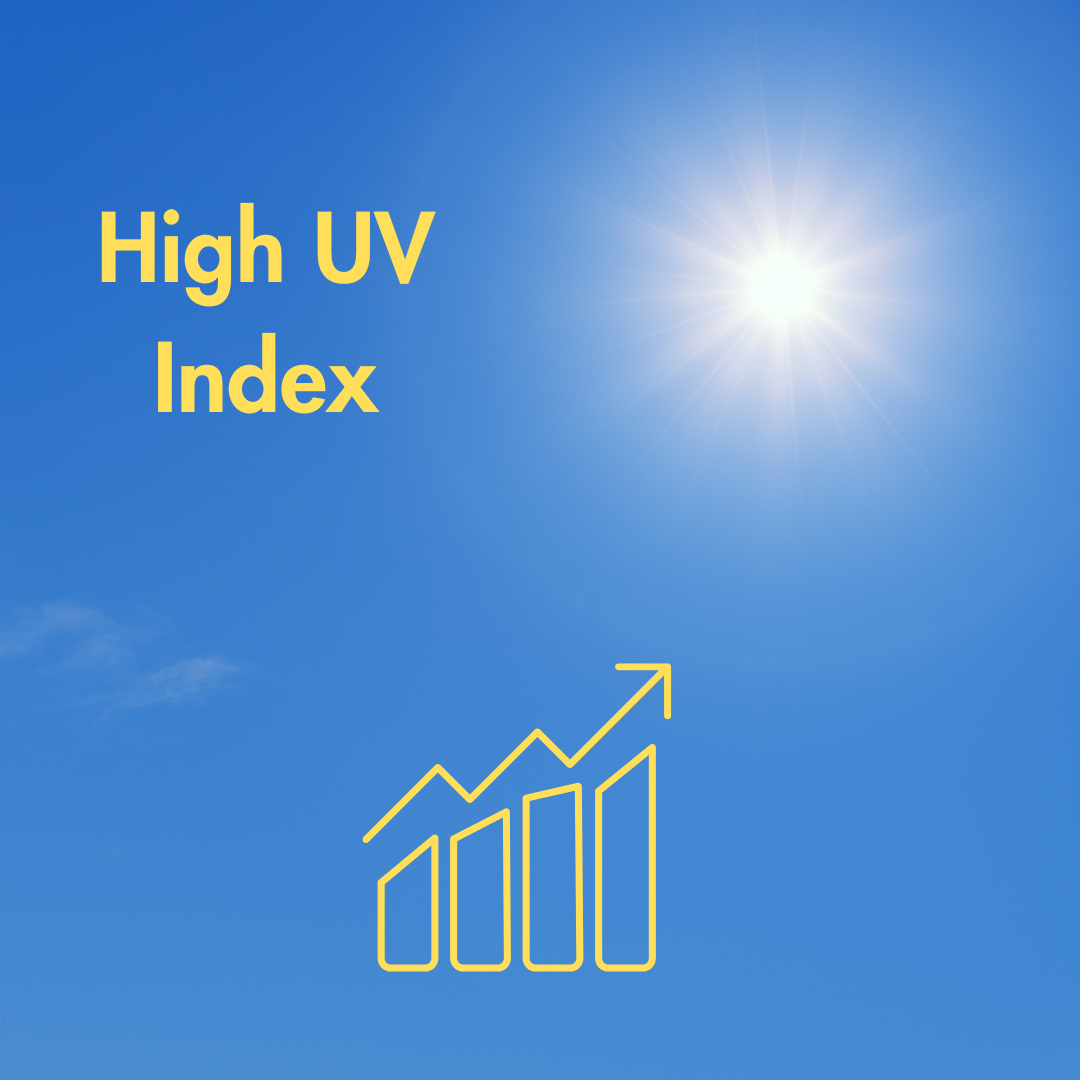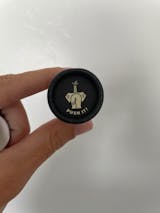What does UV index mean and why should you care?
With the summer right around the corner, it’s important to know about how to protect our skin from the sun’s harsh rays. The UV index is a measure of the strength of the sun's ultraviolet radiation that reaches the earth's surface. Here we are going to dive deeper and discuss what is UV index.
So why should you care about the UV index? Well, exposure to excessive UV radiation can have harmful effects on your health. It can cause sunburn, premature aging of the skin, and an increased risk of skin cancer. In fact, skin cancer is the most common type of cancer in the United States, and overexposure to the sun's UV rays is a major cause.
The UV Index and SPF (Sun Protection Factor) are both related to sun exposure and the risk of skin damage caused by UV radiation, but they measure different things and serve different purposes.
The UV Index is a measure of the strength of UV radiation that reaches the earth's surface. It is a numerical scale ranging from 0 to 11 or higher that indicates the intensity of UV radiation and the potential for skin damage and sunburn. The UV Index takes into account several factors such as the time of day, season, cloud cover, altitude, and ozone depletion, among others.
On the other hand, SPF is a measure of the effectiveness of a sunscreen product in protecting the skin from UVB radiation. SPF only measures the amount of UVB radiation that reaches the skin after applying a sunscreen product compared to the amount that reaches the skin without sunscreen.
By checking the UV index before going outdoors, you can protect yourself from the sun's harmful rays. This may include wearing protective clothing, such as a hat, applying sunscreen, and seeking shade during the peak hours of the day when the UV index is highest.
It's also important to note that the UV index can vary depending on the time of day, the season, and your location. For example, the UV index tends to be higher in the summer months and at higher altitudes. So it's a good idea to check the UV index regularly, especially if you're planning to spend extended periods of time outdoors.
Additionally, the UV index is also important for protecting the environment. Excessive UV radiation can cause damage to marine and freshwater ecosystems, crop production, and the ozone layer, which protects the Earth from harmful radiation from the sun.
@sunmud.sunscreen UV rays can be dangerous, but fear not SUNMUD is here to protect not only you but our oceans too! If you want to learn more about UV rays check it out on our website here: https://sunmudsunscreen.com/blogs/news/what-does-uv-index-mean?srsltid=AfmBOoodDo6wueycFVI6SPNYIDYi1tbGY4ZSml4wIC2446PuXqX3Wb-F #uvradiation #passthemud #plasticfreejuly #sunmud #sunmudandchill ♬ original sound - SUNMUD SUNSCREEN
In summary, the UV index is a measure of the strength of the sun's UV radiation. By checking the UV index and taking appropriate measures, you can enjoy the outdoors safely and reduce your risk of skin damage and skin cancer. The UV index is an essential tool for not only safeguarding human health but the environment, too. By understanding the UV index individuals can protect themselves from the harmful effects of UV radiation and contribute to preserving the planet's health.






